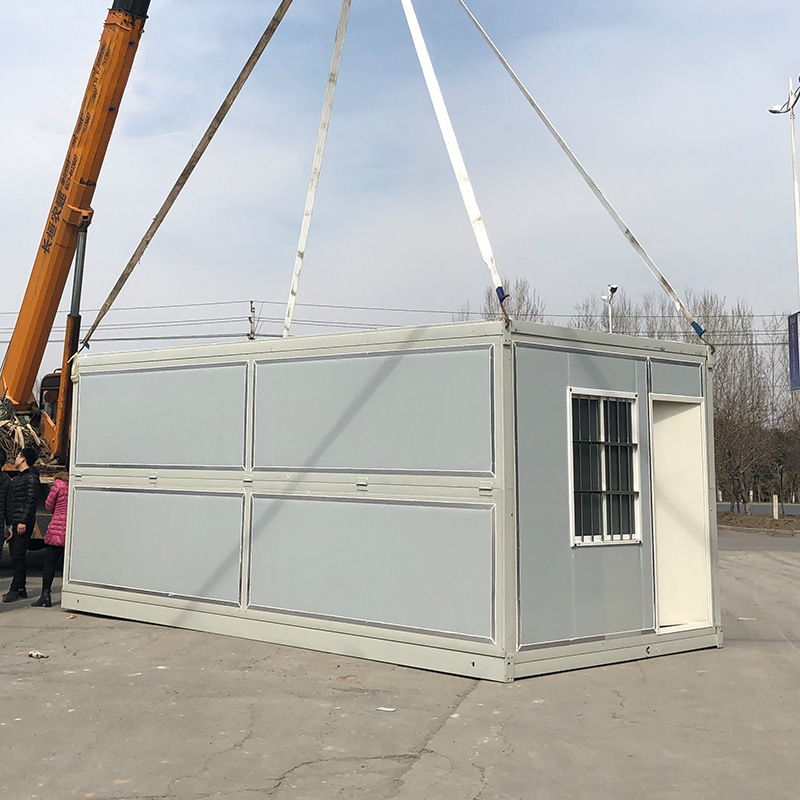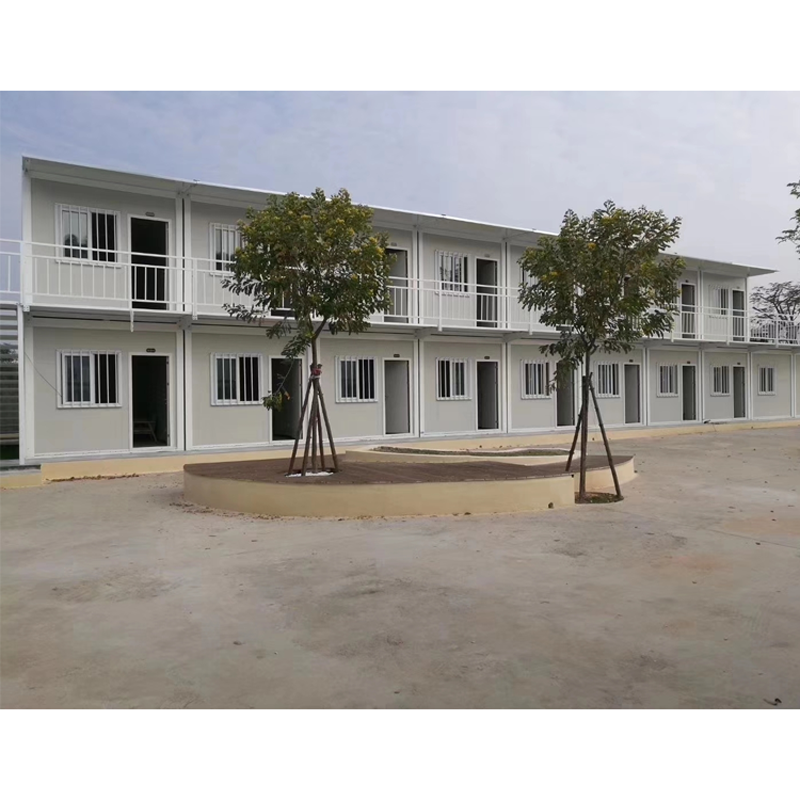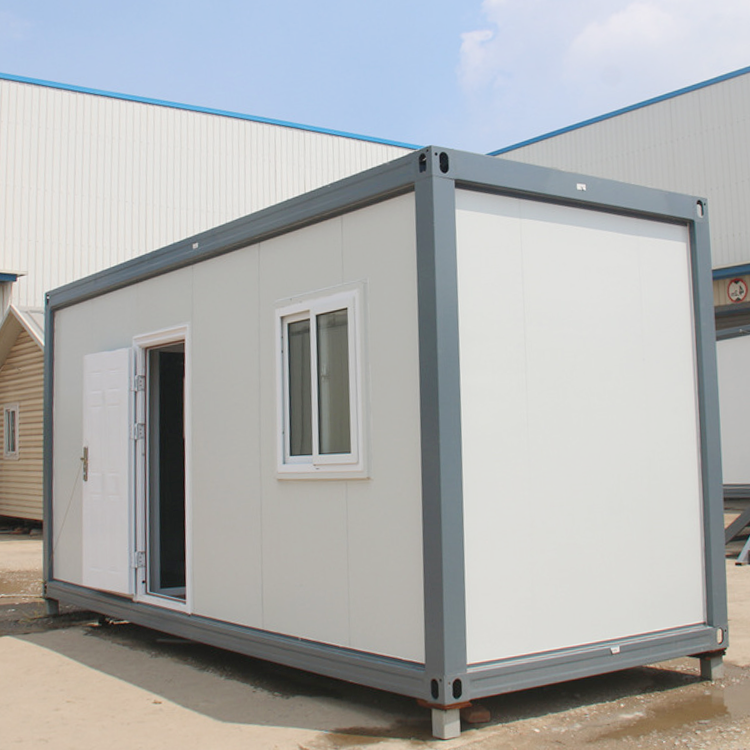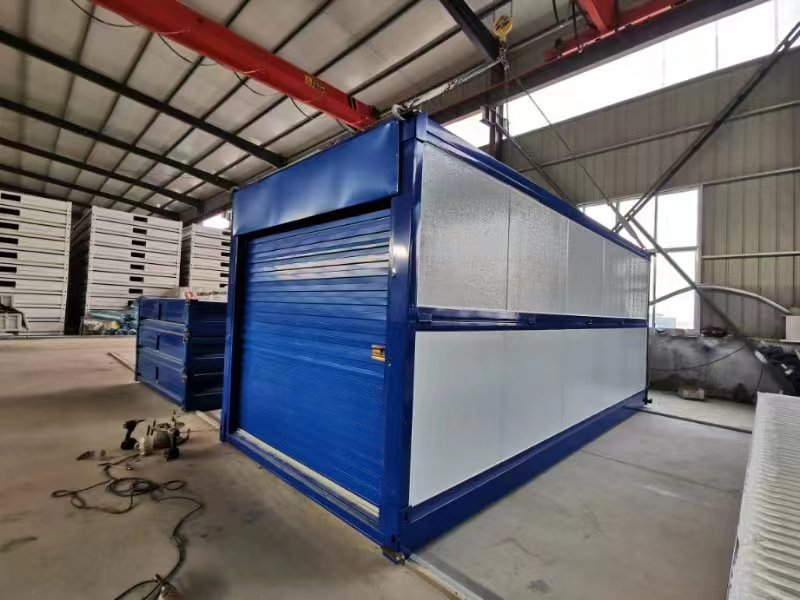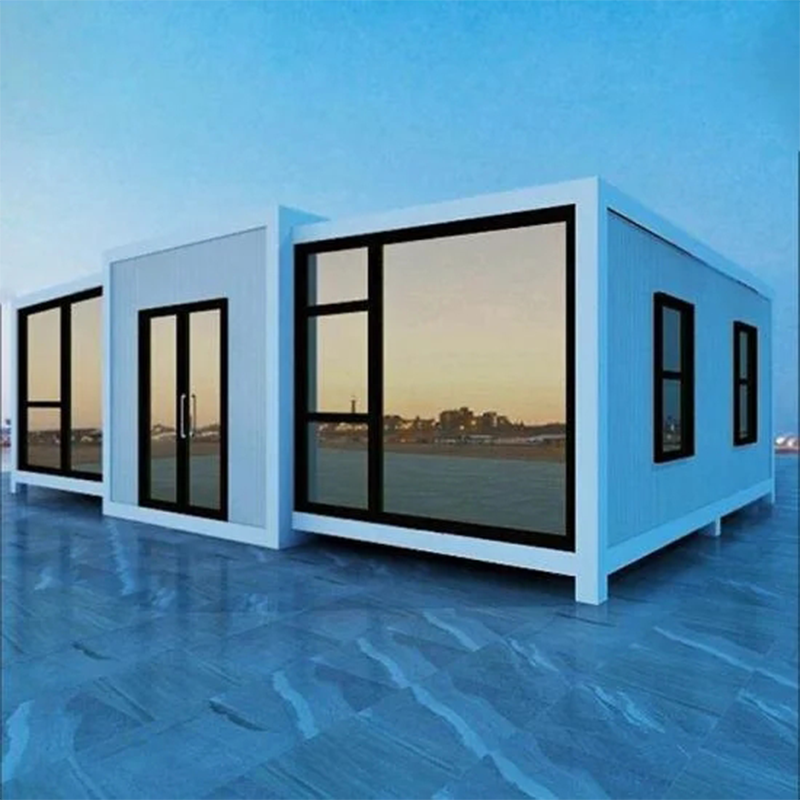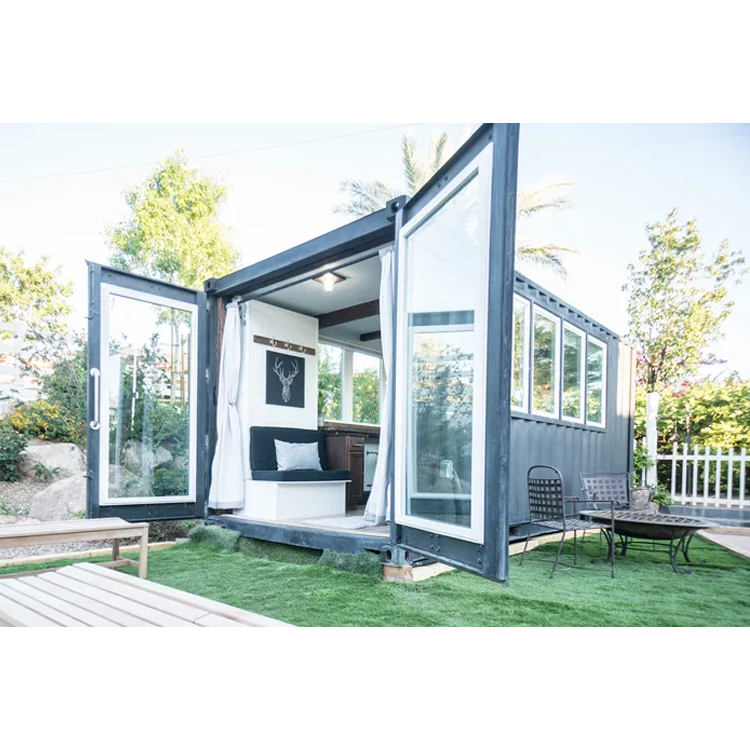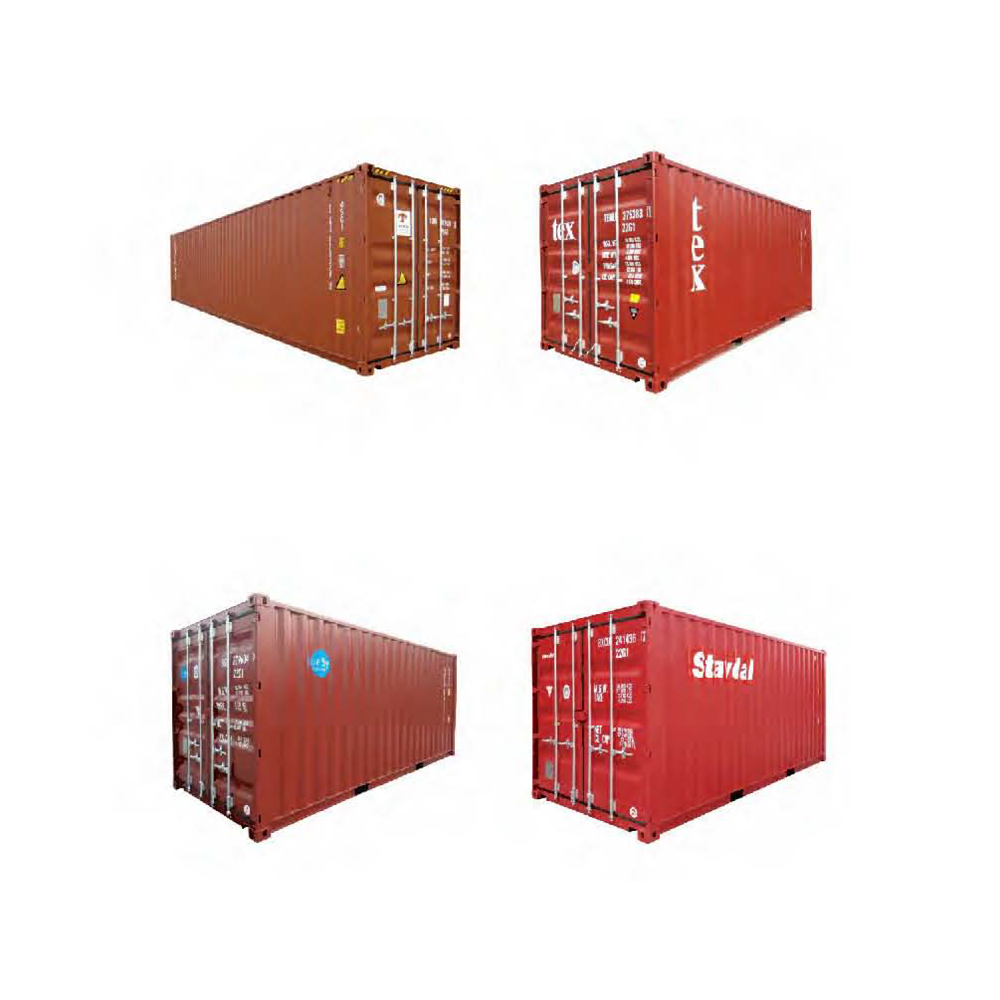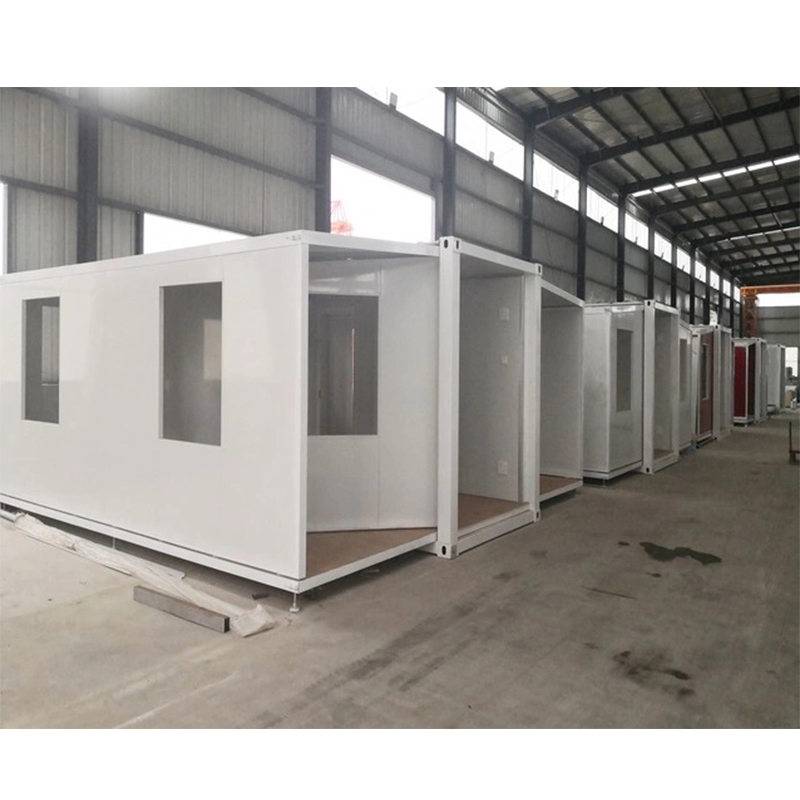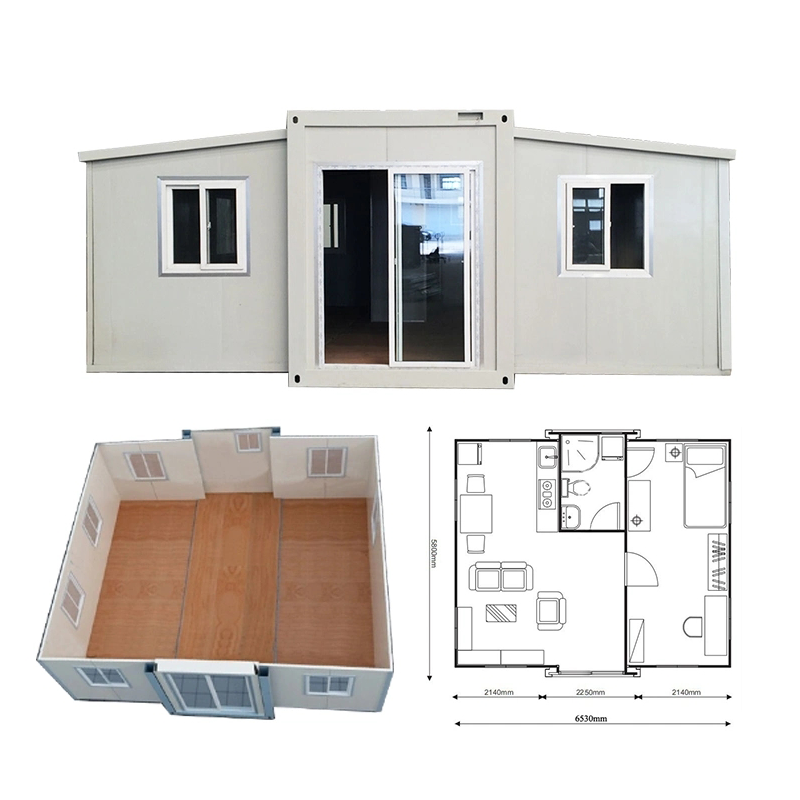Why can folding houses become a new trend in the future
Amidst the rapid advancement of technology and the urgent need for sustainability, the construction industry is undergoing a revolutionary transformation. In this wave of change, folding houses have emerged as a focal point of attention. These houses, with their flexibility, portability, and eco-friendly features, are leading the way toward the future of architecture.
The Miracle of Folding Technology
At the heart of folding houses lies the core technology of foldable structures. Through ingenious engineering design and material science, architects have successfully transformed traditional architectural concepts into foldable forms. The application of this technology enables houses to be more than rigid, static structures but rather ones that can be rapidly deployed or folded as needed, adapting to different environments and requirements.
Flexibility and Versatility
One of the major advantages of folding houses is their flexibility and versatility. In traditional construction, the layout and structure of houses are often fixed, whereas folding houses can be freely combined and adjusted according to needs. This means that residents can change the layout and functionality of their houses at any time, according to their preferences and requirements. For example, during the day, the house can be unfolded into spacious living areas, while at night, it can be folded into bedrooms, maximizing the utilization of space.
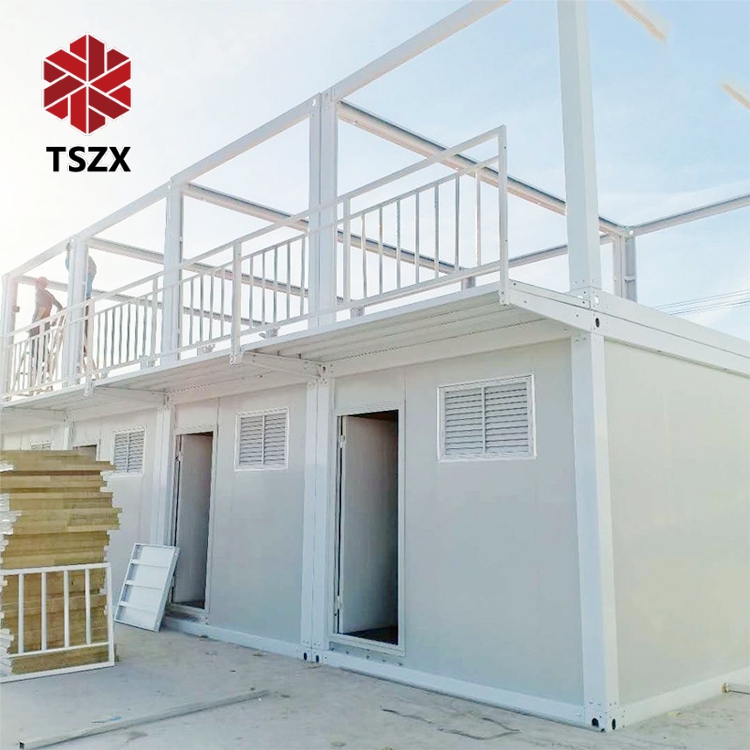
Portability and Adaptability
Another advantage of folding houses is their portability and adaptability. Because houses can be easily folded and unfolded, they can be conveniently transported and relocated. This is particularly important for those who frequently move or live and work in different locations. Additionally, folding houses can better adapt to different climates and environmental conditions. For example, during cold winters, the house can be folded to reduce energy consumption, while in hot summers, it can be unfolded to improve ventilation and lighting.
Environmental Friendliness and Sustainability
Lastly, folding houses offer significant environmental friendliness and sustainability advantages. Traditional construction often requires large amounts of resources and energy for building and maintenance, while folding houses can reduce resource consumption through streamlined design and efficient use of materials. Furthermore, because folding houses can be adjusted and changed according to needs, they can better accommodate people's lifestyles and requirements, thus reducing waste of natural resources.
Future Outlook
With continued technological progress and increasing emphasis on sustainability, folding houses are poised to play an increasingly important role in future architecture. They not only feature innovative design and flexible functionality but also create more comfortable, convenient, and sustainable living environments for humanity. Therefore, we have reason to believe that folding houses will become a significant trend in future architecture, creating a brighter living space for humanity.

